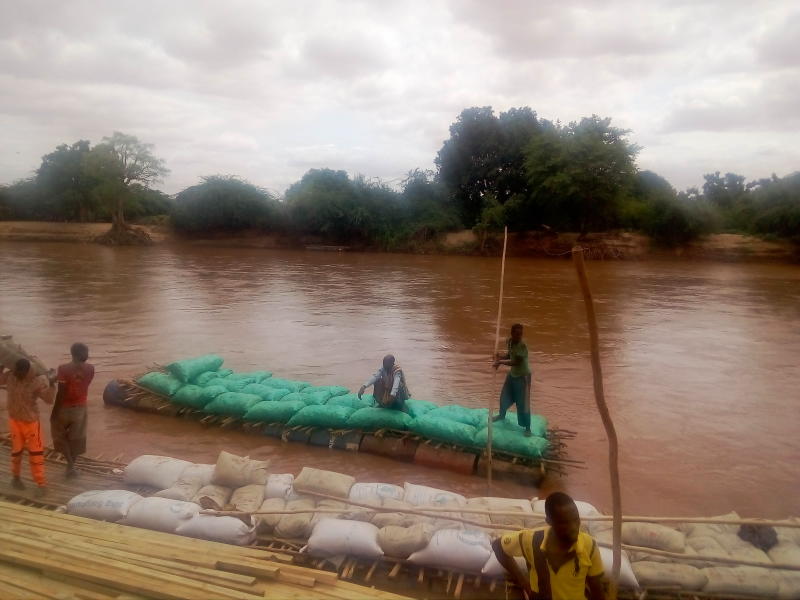×
The Standard e-Paper
Home To Bold Columnists

Unscrupulous traders are getting away with millions of shillings in taxes as they move commodities through the Kenya-Ethiopia and Kenya-Somalia borders.
Operating in areas perceived to be insecure, the traders have perfected the art of smuggling goods into the country since Kenya Revenue Authority (KRA) customs offices at the border post control in Mandera County were closed in 2012.